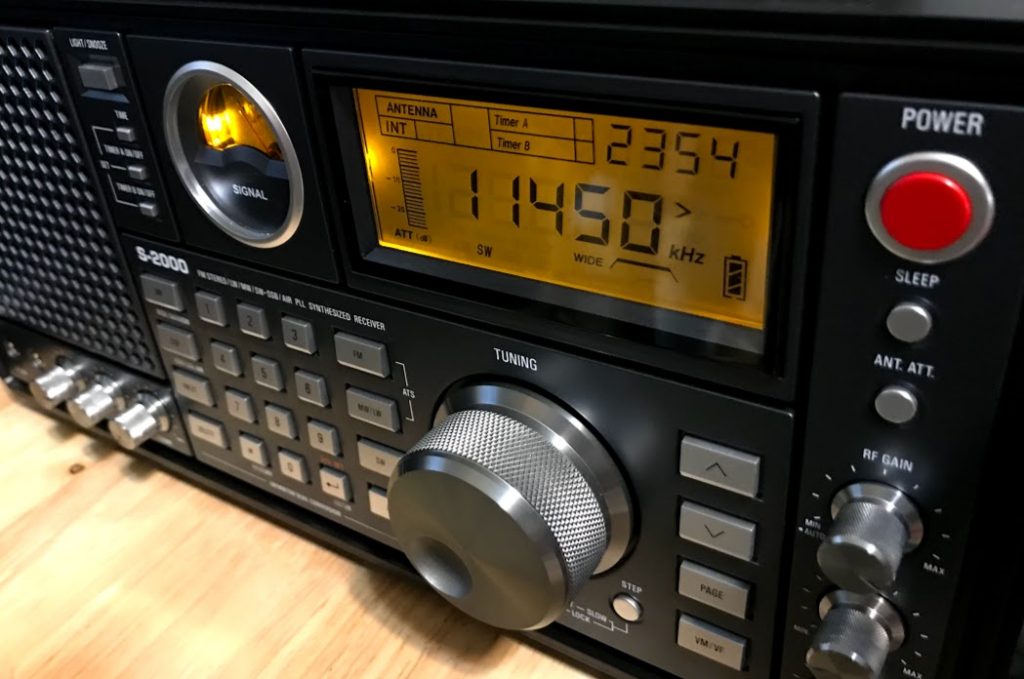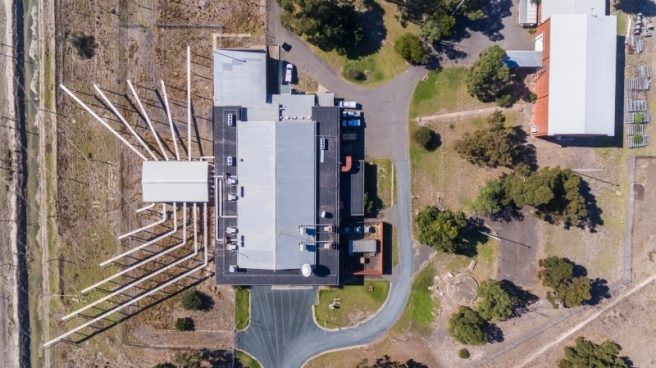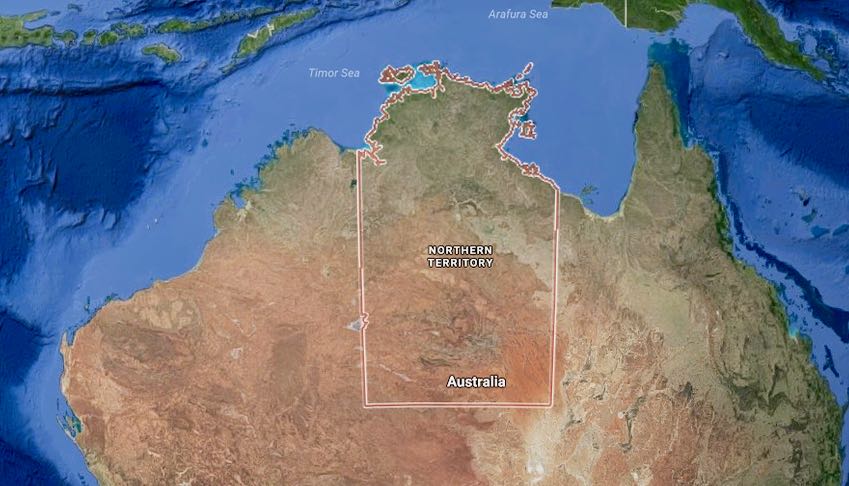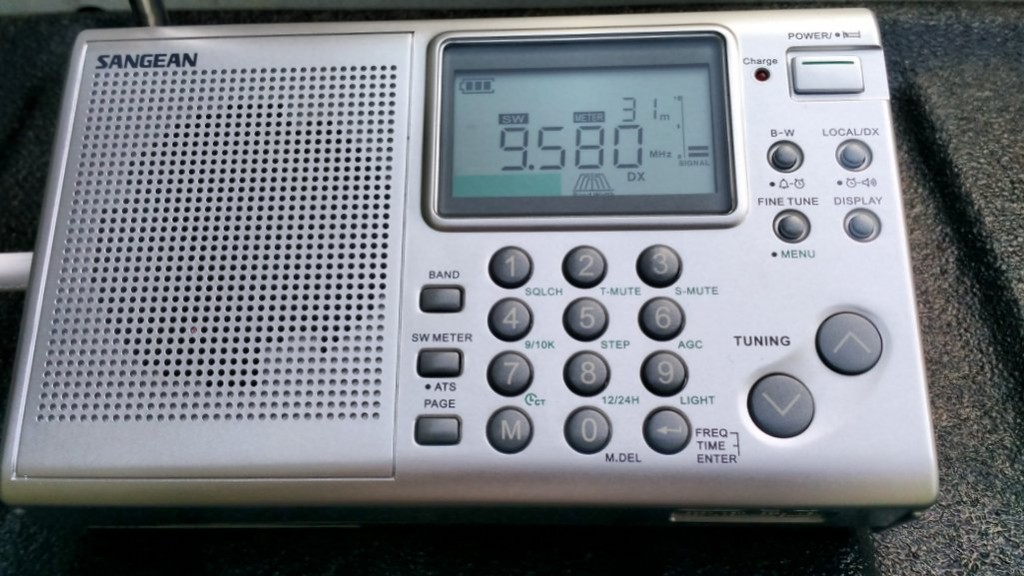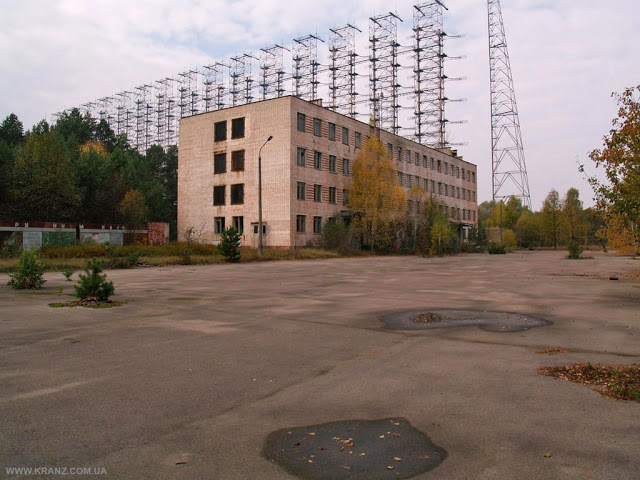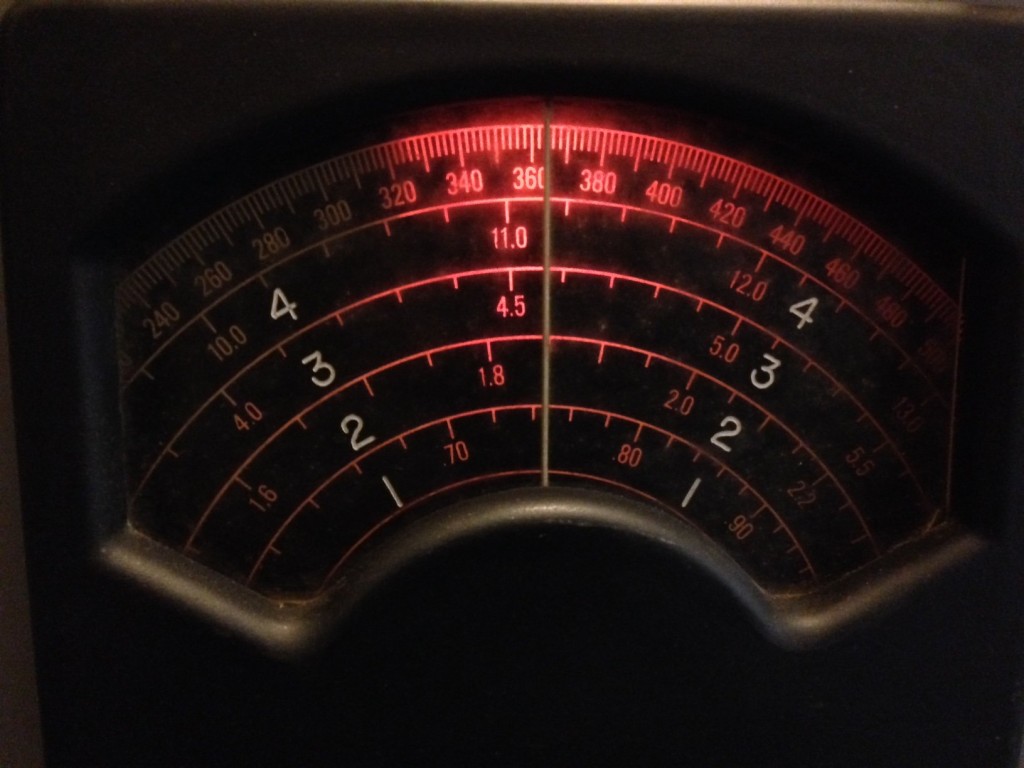Many thanks to SWLing Post contributor, Ian P, who shares the following story and interview via ABC News Northern Territory Country Hour. I strongly suggest listening to the full seven plus minute interview via the embedded audio player below:
If elected next year, Federal Labor says it will provide the ABC with $2 million in funding to help re-establish shortwave radio services across the Northern Territory.
The ABC controversially switched off its shortwave service in January 2017, and defended the decision by saying it would “only affect a very, very small amount of people” and save taxpayers up to $1.9 million.
The decision was heavily criticised by industry groups such as the NT Cattlemen’s Association (NTCA) and the NT Seafood Council.
NTCA president Chris Nott welcomed today’s announcement by Labor and said the ABC’s decision was short-sighted.
“What people take for granted in the cities is a luxury for those of us in the bush,” Mr Nott said.
“We rely on the HF shortwave radio transmitters because we don’t have mobile and data coverage for AM and FM radio stations.
“The ABC can expand its modern day platforms all it likes but the truth is we don’t all have access to it and the ABC did not care at all about the impact of its decision.”
Federal Member for Solomon Luke Gosling, said the axing of shortwave had angered a lot of people and community groups.
“Many thousands will benefit from this [bringing back shortwave],” he told the Country Hour.
“I was lobbied by a really large cross-section of the community that spends time in remote areas and when shortwave was cut there was a lot of angst, so it will be a good thing to bring it back to keep people on the land and waters connected.”
Many thanks, Ian!

